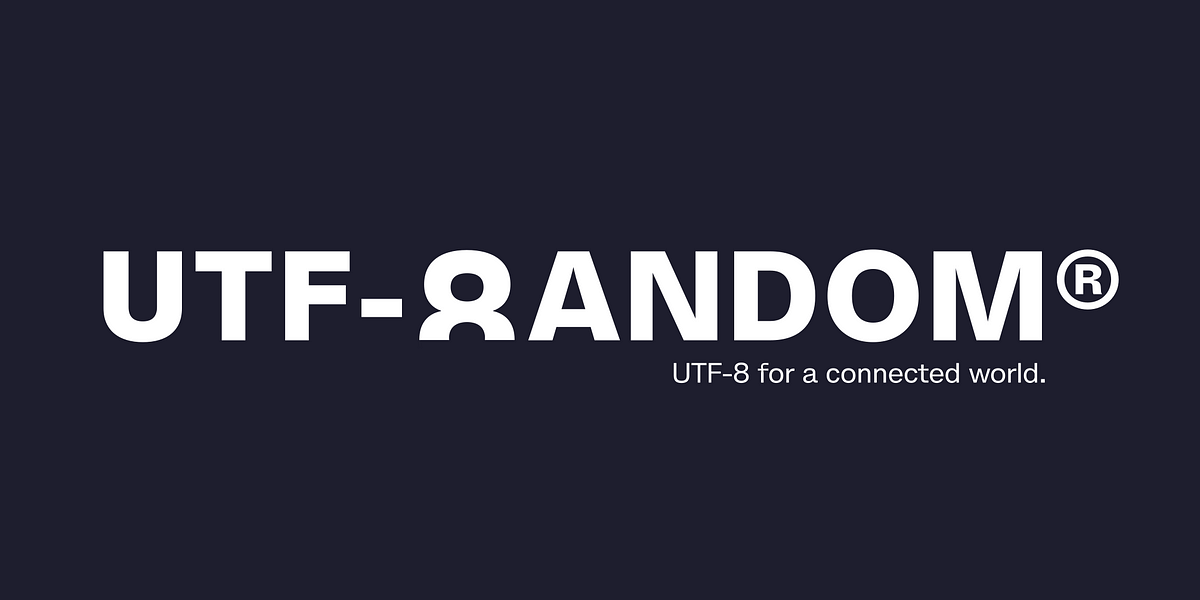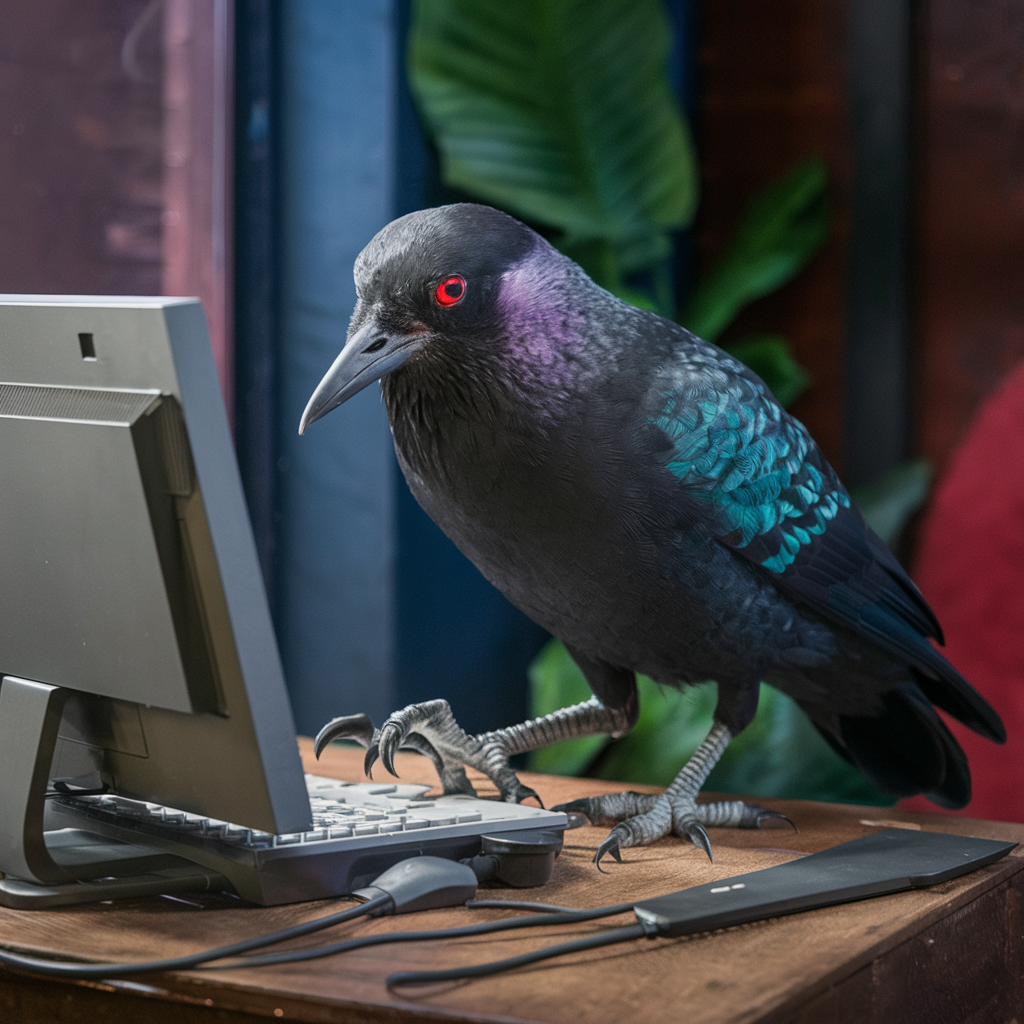- cross-posted to:
- programmerhumor@lemmy.ml
- cross-posted to:
- programmerhumor@lemmy.ml
amazing work. I just changed all my production systems to UTF-Random! �������������������������������. �����������������������������!
You have to wait until 930am Monday morning to do that. Everybody will appreciate it more.
5 minutes before I go on a 3 week long vacation to a remote island obviously!
This almost seems like a good idea… if unicode weren’t already shaky enough.
UTF-8 is, honestly, pretty amazing. It lets you do things like compose latin-character text, and then interpose words like 𰻞.
That’s ‘biáng’, which is, to my understanding, a kind of Chinese noodle dish. It’s apparently the most complex Chinese character, comprising more than 50 strokes. (https://www.compart.com/en/unicode/U+30EDE).
In hex it’s encoded as: 0xF0 0xB0 0xBB 0x9E
So, yeah, only 8 bytes to describe a character that looks like white noise to me unless I zoom WAY in on it! (My vision’s getting pretty bad, tbh. I need it to be about the size it shows up on compart.com to make out the individual radical characters.)
If you were to count strokes on ‘biáng’, you end up with 5 bytes to encode 11 pen strokes or 2.2 strokes per byte. At 8 bytes to 57 pen strokes, the information density goes up to 7.125 strokes per byte.
So in Latin characters provided by UTF-8, you end up with very similar storage requirements. To encode the much more complex character, you get more than 3 times the information density.
Even UTF-16 used by Windows isn’t fair because it needs twice as much space for hieroglyphs. Won’t someone think of the ancient Egyptians?
Seriously, now that most display systems can handle putting accents on letters instead of needing a code point just for á, a new universal encoding would be nice. Purge it of Unicode’s precomposed letters, duplicated Chinese characters, and duplicated-in-retrospect letters and you could fit another few alphabets into Plane 0.
But convincing tech companies to make webpages bigger seems difficult.
But convincing tech companies to make webpages bigger seems difficult.
Do we live in opposite universes or something?
UTF-32 is completely fair.
Was zum Fick!?
Technical details: ������������������������������������������������������������������
Does this mean anything to anyone else? I just see question marks (on Lemmy and Fenic)
�����,������������������������😀 ����������������������������. ���������� ��������������������? ����,���������������������!






